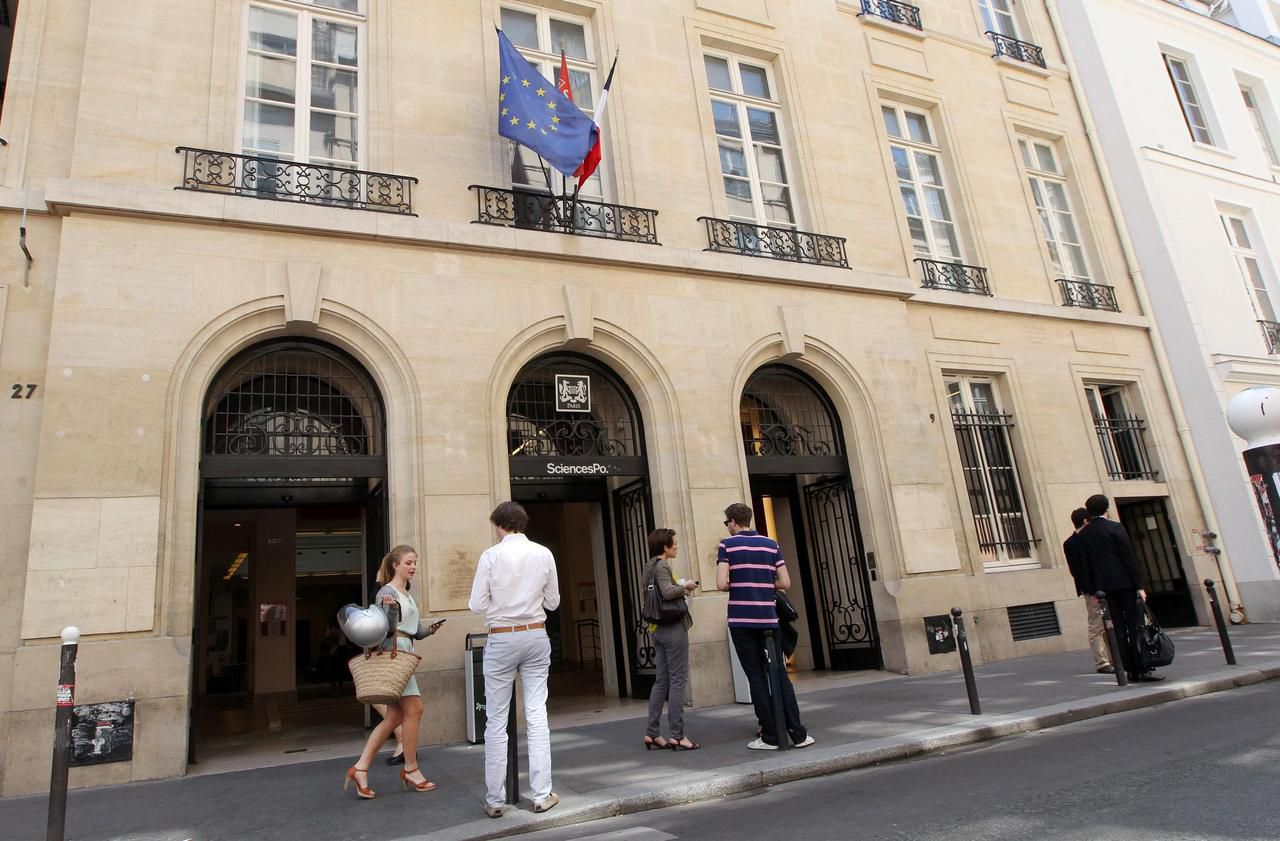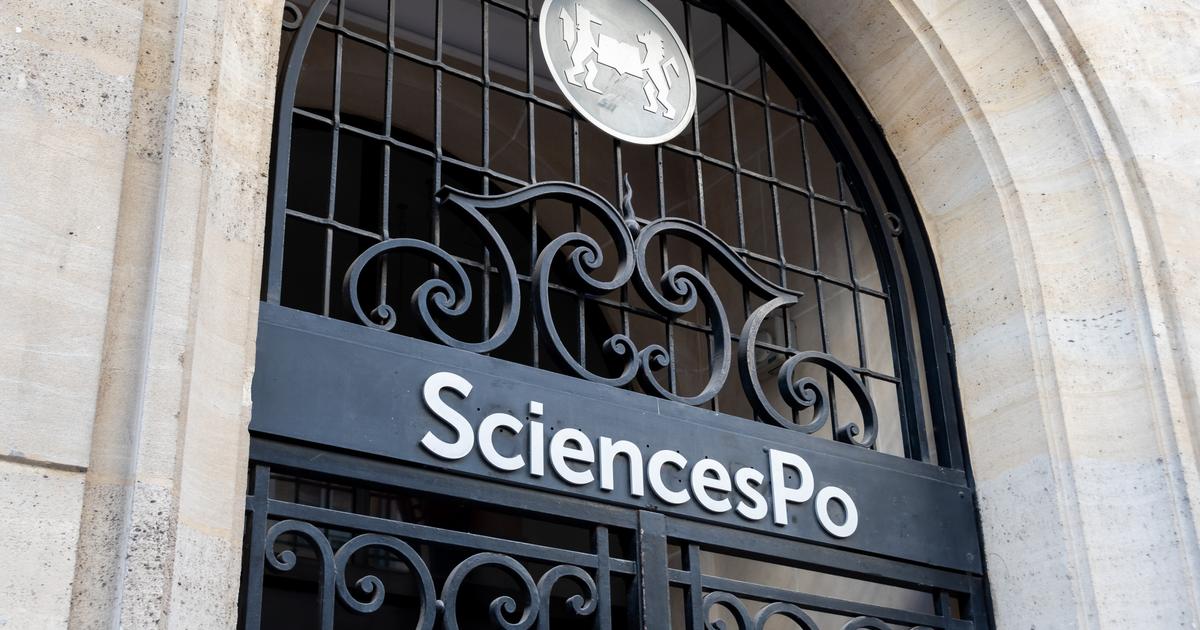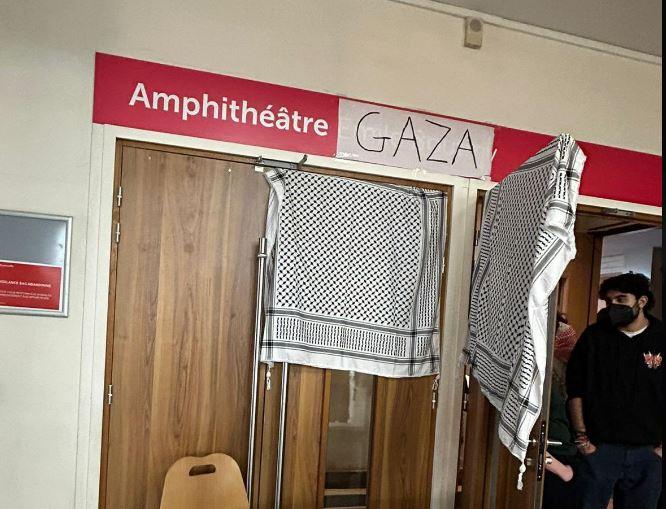“In two minutes, tell us who you are,” the voice into the computer, or more accurately, the examiner across the screen will say.
Thus will begin from this year, the admission interview to Sciences Po.
Twenty years after shaking the coconut palm of elitism, by introducing a dose of positive discrimination in its recruitment, the rue Saint-Guillaume school announced on Monday the details of a profound reform of its selection procedure.
There disappears what the great French schools base their prestige on: ultra-selective writings.
The new procedure, in a more Anglo-Saxon style, will include four parts, based on the grades obtained in high school, but also on more subjective elements, aimed at unearthing, rather than strong in theme, "potential" and personalities. .
"Qualitative analysis of the trajectory and the socio-school context"
According to an internal document that the Parisian has obtained, part of the candidates' score will be based on "a qualitative analysis of the trajectory and socio-school context" of the high school student.
Two examiners will compare the student's grades with his social background, his place in his school, his progress.
Each will give a mark out of 10, and the sum of the two, out of 20, will count for a quarter of the final admission mark.
Another quarter will distinguish personal writings, including a one-page essay answering a question, out of five.
The candidates will be encouraged to "be sincere and to write their answers alone, without outside intervention which would risk distorting the story", indicates the school, in the same document, aware "of the questions about a possible intervention of third parties" that could arouse the process.
In fact, the questions, even before the official presentation of the project, began to flourish in the world of the grandes écoles, strongly urged to redouble their efforts, to diversify the physiognomy of their lecture halls.
The Minister of the Civil Service, Amélie de Montchalin, has just announced the creation, in competitive examinations for the senior civil service, of “access routes for candidates from modest backgrounds.
With, each time, reserved places ”.
In short, a process of positive discrimination on which the director of ENA, Patrick Gérard, is therefore asked to work, 20 years after Sciences Po.
The mission is all the more difficult “as the number of places in the competition has been reduced over the years, notes Patrick Gérard.
We had 40 in the external competition in 2020 against a hundred at the time of the Voltaire promotion
(Editor's note: in 1980)
.
And we arrive at the end of the chain, at bac + 7 or 8, when the selection has already been made ”.
Bring back children from the small middle classes
Same argument on the side of the grandes écoles, which recruit at the end of preparatory classes that look like terrible bouncers.
At Polytechnique, 80% of students come from… only ten different high schools.
A funnel "whose path must be made upside down, incites the sociologist Marie Duru-Bellat, author with François Dubet of" Can schools save democracy?
»
(Ed. Seuil, 2020, 240 pages, 17 euros)
.
School careers in our country are determined from primary school.
As long as we give all the importance to the school level in a competition, we ratify the inequalities ”.
Newsletter - Most of the news
Every morning, the news seen by Le Parisien
I'm registering
Your email address is collected by Le Parisien to enable you to receive our news and commercial offers.
Learn more
At Sciences Po, the challenge will be less to bring in students from disadvantaged backgrounds, already present (in small numbers) thanks to positive discrimination, than to "bring back children from the small middle classes, who have almost disappeared in recent years. Sciences Po and a few other institutes for political studies ”, analyzes Annabelle Allouch, lecturer in sociology at the University of Picardy.
The school, in particular, plans to forge new partnerships with high schools in small towns in the provinces and in the countryside.









